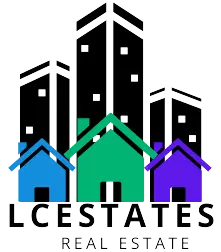What It Could Mean for Private Landlords and Investors
Landlords and investors in the private rented sector do not currently need to comply with the Decent Homes Standard. However, if the standard or an amended version of it is introduced into the private rented sector, local housing authorities will be able to apply it to privately rented properties. Landlords will need to ensure their properties are compliant with the Decent Homes Standard.
As part of the Renters (Reform) Bill, the government is planning to introduce a new digital property portal. Private landlords will be legally required to register their property on the Portal. Current proposals suggest that when registering on this Property Portal landlords will need to self-declare that they believe their property is decent. It may be a criminal offense to let out a property that does not meet the Decent Homes Standard.
If the Decent Homes Standard is adopted in the private rented sector it is likely that local authorities will be able to use the same approach as they currently use in the social housing sector. They will be able to inspect properties, issue necessary notices and take action against private landlords if their properties do not meet the standard.
It is important to realize that there are already housing standards applicable in the private rented standard. These include the Homes (Fitness for Human Habitation) Act 2018, the Tenant Fees Act 2019 and the Housing and Planning Act 2016 which introduced more enforcement tools for councils. Landlords with good quality properties which meet the existing standards for the PRS may find that their properties also meet the Decent Homes Standard with little or no extra work.
However, they will need to be aware that a different standard applies.
Back to Contents
